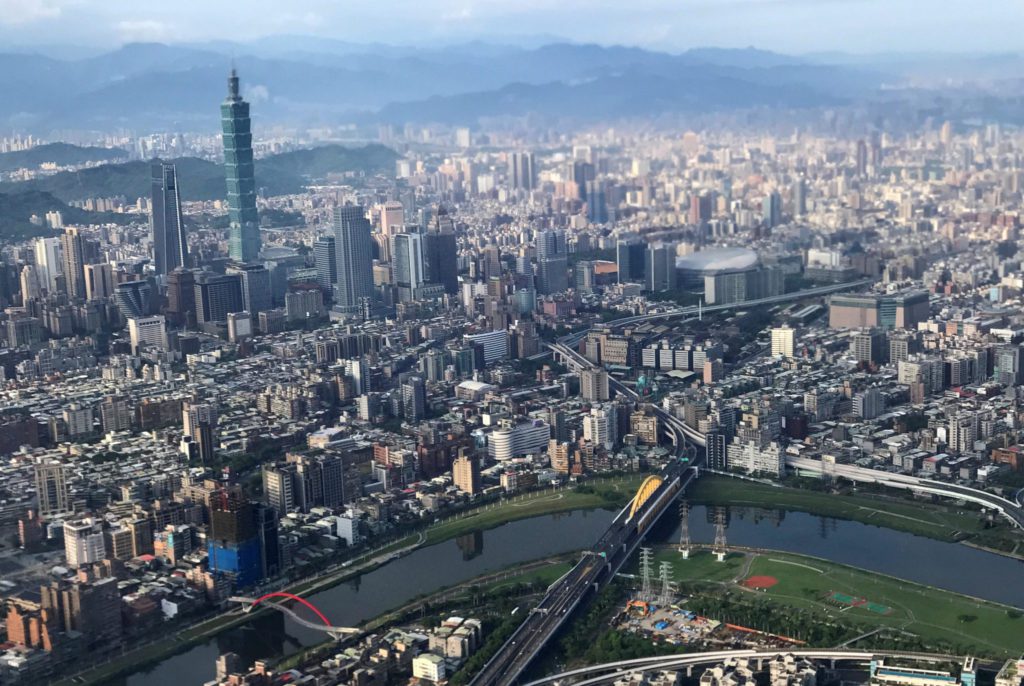In her National Day speech, Tsai Ing-wen recalled that the international community considers stability in the Taiwan Strait as an “indispensable component of global security and prosperity”.
China and Taiwan have lived as two autonomous territories since 1949, when the former Chinese nationalist government took refuge on the island, following its defeat in the civil war against the communists.
In recent years, Beijing has started sending ships and warplanes almost daily near Taiwan, whose population of 23 million inhabitants is strongly in favor of maintaining the status quo of de facto independence for the territory.
Tsai’s Democratic Progressive Party will try to win a new mandate in next year’s elections against the nationalists, who officially support unification between the two parties.
“Let me reiterate that peace is the only option in the Taiwan Strait,” said Tsai, who will step down after two terms.
“Maintaining the status quo, as the highest common denominator for all parties, is the fundamental key to ensuring peace,” he noted.
“Neither party can unilaterally change the status quo. Differences between the two sides of the strait must be resolved peacefully”, stressed Tsai.
Tsai also referred to Taiwan’s recent launch of a domestically built submarine as a major breakthrough in efforts to modernize the domestic weapons industry.
“We took a major step forward in our self-sufficiency in matters of national defense and further strengthened the asymmetric capabilities of our armed forces,” he described.
The ceremonies, which featured bands from Taiwan, Japan and the US, also underscored Taiwan’s complex identity as an autonomous democracy whose national symbols and state institutions were founded in mainland China after the overthrow of the Manchu Qing dynasty in 1911. .
The Chinese Nationalist Party, led by Chiang Kai-shek, transferred the government to Taiwan in 1949, following the takeover of mainland China by the Communist Party, led by Mao Zedong, following a bloody civil war.
Currently in opposition, nationalists continue to support China’s goal of achieving eventual unification between the two parties.
Former president and party leader Ma Ying-jeou and other nationalist politicians boycotted this year’s ceremonies because the government used the term “Taiwan” instead of the official name of the Republic of China in English-language references to the occasion.
China cut off most communications with Tsai’s government shortly after she took office in 2016.
Current Vice President William Lai is the favorite to win the presidential election, potentially laying the groundwork for new tensions between the parties, who maintain close economic and cultural ties despite the huge difference between Beijing’s authoritarian one-party system and the Taiwan’s robust democracy.
*With Lusa



